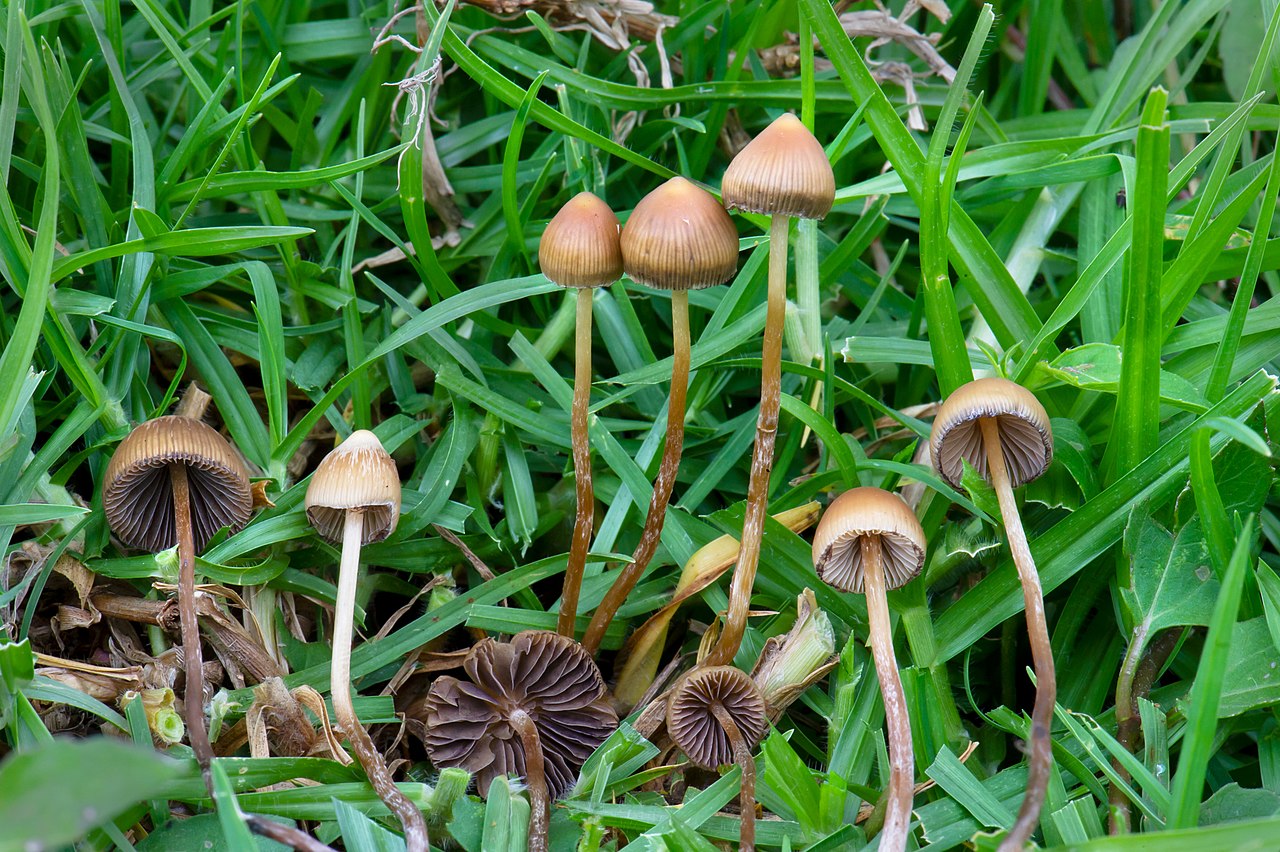
Magic mushroom compound psilocybin could be used to treat depression
Randomised controlled trial: Subjects are randomly assigned to a test group, which receives the treatment, or a control group, which commonly receives a placebo. In 'blind' trials, participants do not know which group they are in; in ‘double blind’ trials, the experimenters do not know either. Blinding trials helps removes bias.
Case study: A study involving observations of a single patient or group of patients.
People: This is a study based on research using people.
A trial of 27 patients with major depressive disorder found that psilocybin - the active compound in magic mushrooms - produced large, rapid, and sustained improvements. The patients underwent two sessions on the drug combined with supportive psychotherapy. They were split into two groups, one of which received treatment immediately, while the other received treatment after an eight-week delay. This allowed the researchers to compare similar groups of patients, and see if the immediate treatment group improved compared with the delayed treatment group, while the latter waited for their sessions. Overall, more than two in three patients showed big improvements four weeks after their sessions ended, and more than half were in remission at the four-week point.
Journal/conference: JAMA Psychiatry
Research: Paper
Organisation/s: Johns Hopkins School of Medicine, USA
Attachments:
Note: Not all attachments are visible to the general public
News for:
International
Media contact details for this story are only visible to registered journalists.

